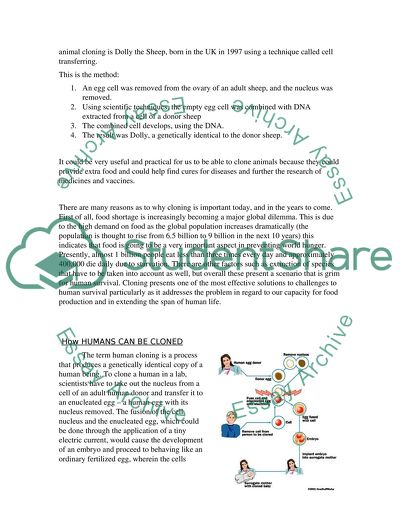Cite this document
(Pros and Cons of Cloning Coursework Example | Topics and Well Written Essays - 2000 words, n.d.)
Pros and Cons of Cloning Coursework Example | Topics and Well Written Essays - 2000 words. https://studentshare.org/technology/1553653-cloning
Pros and Cons of Cloning Coursework Example | Topics and Well Written Essays - 2000 words. https://studentshare.org/technology/1553653-cloning
(Pros and Cons of Cloning Coursework Example | Topics and Well Written Essays - 2000 Words)
Pros and Cons of Cloning Coursework Example | Topics and Well Written Essays - 2000 Words. https://studentshare.org/technology/1553653-cloning.
Pros and Cons of Cloning Coursework Example | Topics and Well Written Essays - 2000 Words. https://studentshare.org/technology/1553653-cloning.
“Pros and Cons of Cloning Coursework Example | Topics and Well Written Essays - 2000 Words”. https://studentshare.org/technology/1553653-cloning.


